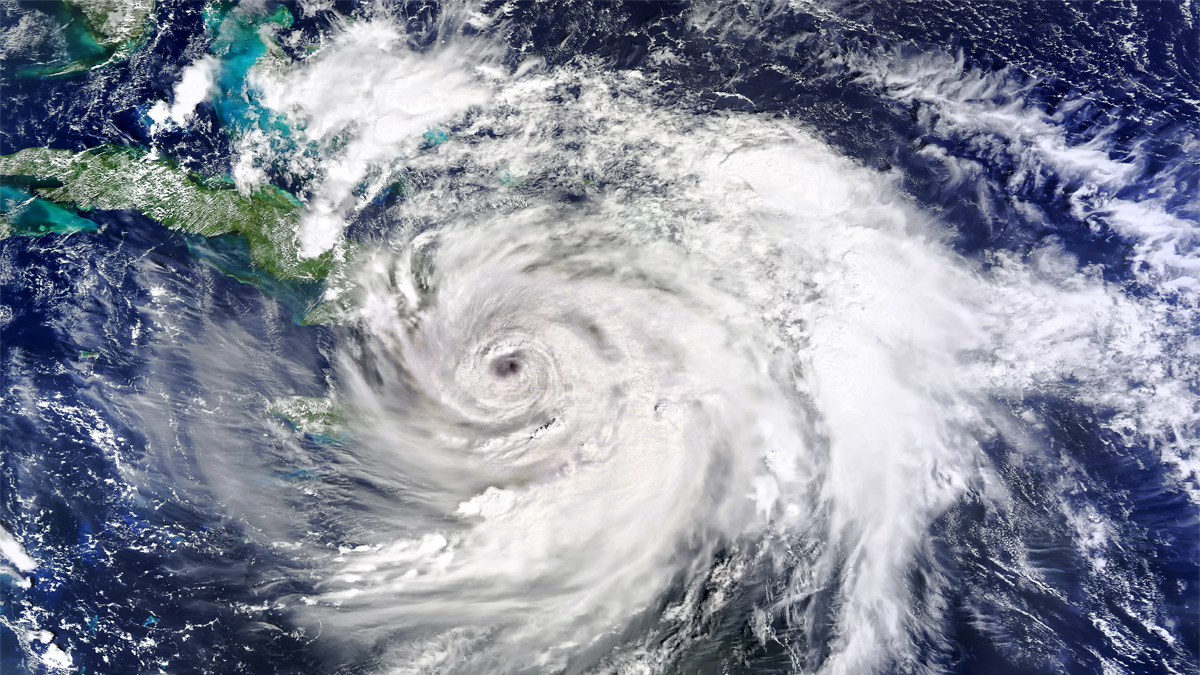Our research is strongly collaborative, with staff active in a number of the University’s institutes and centres, including:
We are part of the larger School of Mathematical, Physical and Computational Sciences, where we partner on research with other departments including our world-leading Department of Meteorology.
We have had significant success in securing research funding. We are a partner in the new £16m EPSRC Mathematics for our Future Climate Centre for Doctoral Training (MFC CDT) with Imperial College London and the University of Southampton. This is an interdisciplinary initiative that will harnesses the power of mathematics to address the urgent issues presented by climate change. PhD project areas are split into mathematical theory and numerical modelling of fundamental oceanic and atmospheric processes, analysis of data and assimilation with weather and climate models, and mathematical applications related to the response to climate change. Five cohorts of PhD students will be trained by the MFC CDT (2024 - 2032).
Previously, we were a partner in the EPSRC Mathematics of Planet Earth Centre for Doctoral Training with Imperial College London (2013 - 2023). This CDT provided PhD training in the mathematical and computational techniques needed to understand, predict and quantify risk and uncertainty for extreme weather and climate change.
External collaborations
Recent collaborative grants and consultancy agreements include:
Low carbon network solutions
Together with Scottish and Southern Energy, Honeywell, General Electrics, Bracknell Forest Council, EA Energy and DNV-GL, the University of Reading is a full partner in the Thames Valley Vision project demonstrating next generation low carbon network technology and solutions.
Our work includes the identification and analysis of energy usage patterns from smart meter data; forecasting and inference of short- and long-term demand on local networks that can be used by distribution network operators for planning and energy storage management; and modelling of future uptake of low carbon technologies.
Smart analytics
Counting Lab Ltd is a University of Reading spinout company providing smart analytics by developing data driven models and applications for customer/public-facing sectors. Starting in December 2010, and exploiting know-how and prototypes developed in mathematics and statistics, Counting Lab is providing solutions through translational projects to many clients including Walmart, Net-a-porter, and the Centre for Defence Enterprise.
Large network analysis
We have undertaken collaborative research with Unilever Research and Development on mathematical models of spread of mood through social networks and consultancy on modelling and analysis of large networks. A research project with Counting Lab for Centre for Defence Enterprise considers the dynamics of collective sentiment using large data-sets of Twitter mentions.




